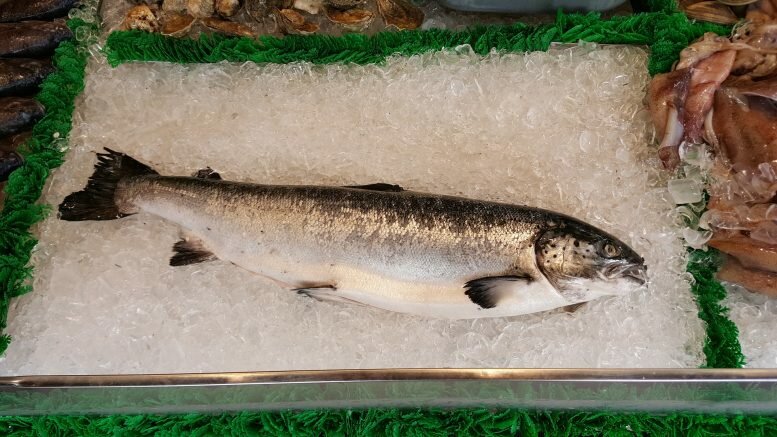Fish vaccinated with DNA are not defined as being genetically modified
Fish vaccinated with the Clynav DNA vaccine are not classified as genetically modified organisms in Norway, according to the Norwegian Environmental Directorate.
If DNA vaccinated animals are to be defined as genetically modified organisms (GMOs) according to the Gene Technology Act, have not previously been clarified, but the EU Commission has now considered that animals vaccinated with Clynav are not covered by this term. However, all other DNA vaccines must be assessed separately.
– Because of Norway’s obligations under the EEA Agreement, we are to a large extent bound by the EU’s decision. Based on the EU Food Safety Authority’s (EFSA) environmental risk assessment of Clynav, the Environment Directorate also shares the European Commission’s assessment that fish that have received this vaccine should not be defined as GMO, says Bjarte Rambjør Heide. Heide is section leader in the Norwegian Environmental Directorate.
Clynav is the first DNA vaccine for animals in Europe. As the vaccine is approved for use against pancreatic disease in salmon in the EU, the Norwegian Medicine Agency also has to issue a marketing authorization for the vaccine.
Not a permanent alteration of the DNA
Genetically Modified Organisms (GMO) is a designation of living microorganisms, plants or animals where the genetic composition has been altered using gene or cell technology. In so-called DNA vaccination, DNA is injected into an animal it uses to create proteins, which in turn develop antibodies to a specific disease. In this way, resistance to disease develops.
According to the Environment Directorate, the DNA vaccine is not intended to be a permanent part of the animal’s DNA and is used to develop proteins only for a limited period of time before breaking down or excreted from the body.
© NTB Scanpix / Norway Today





